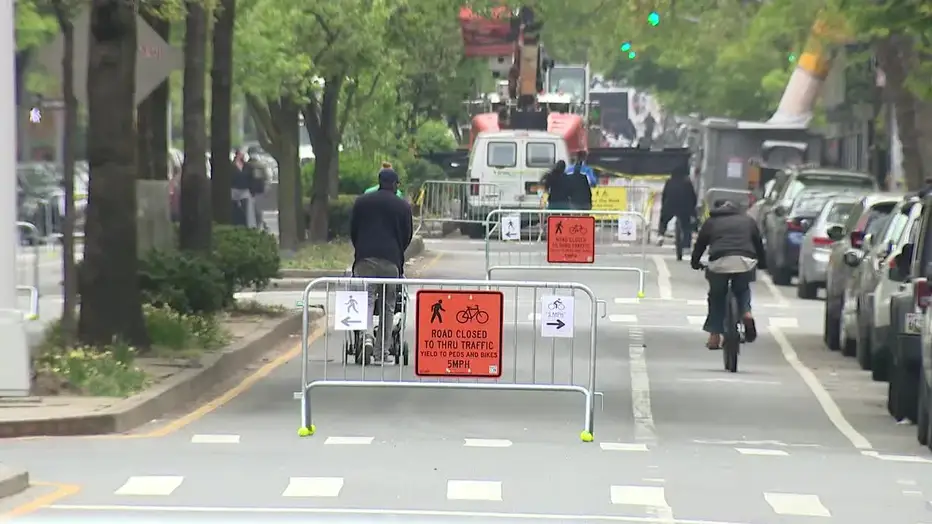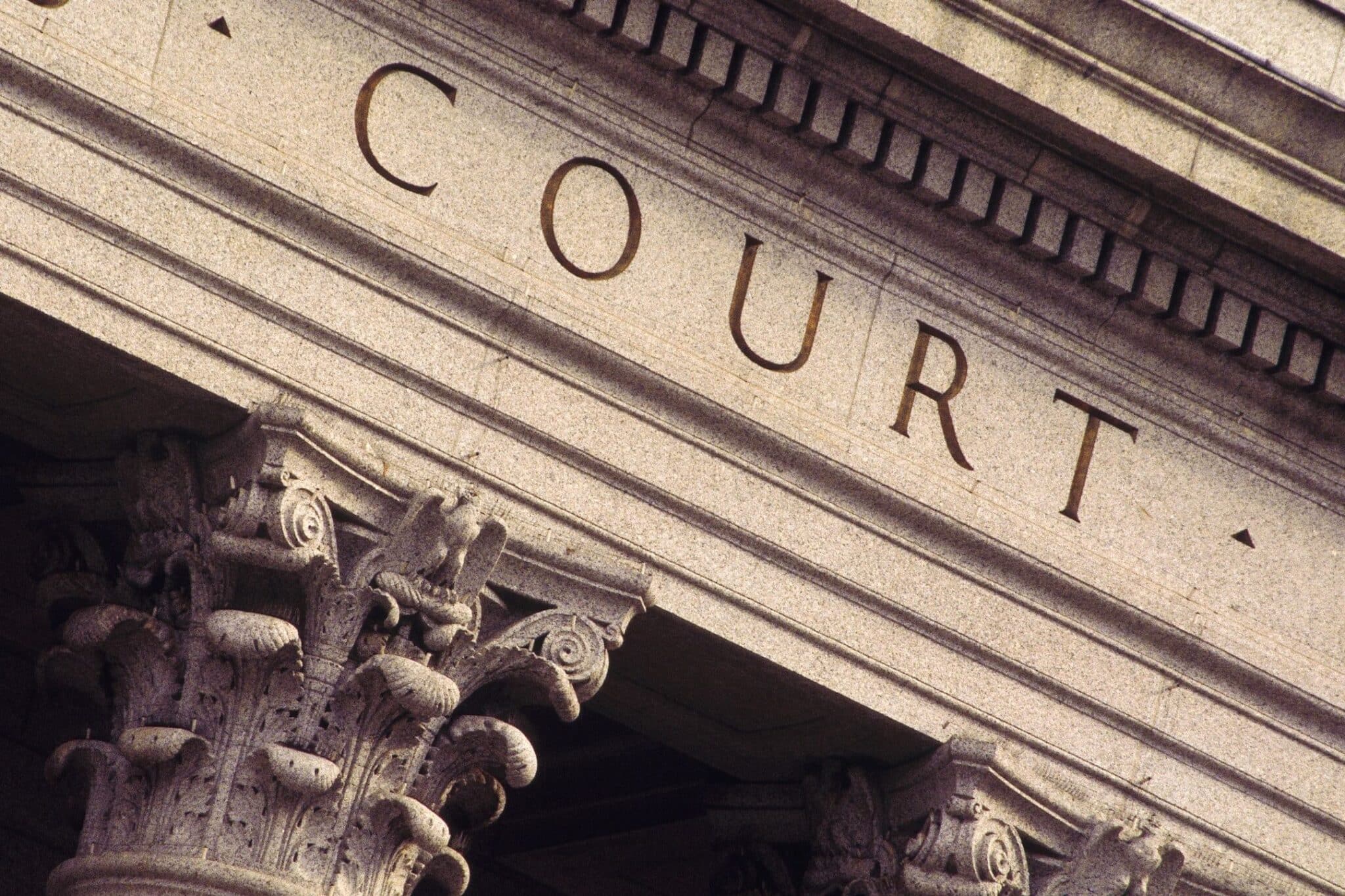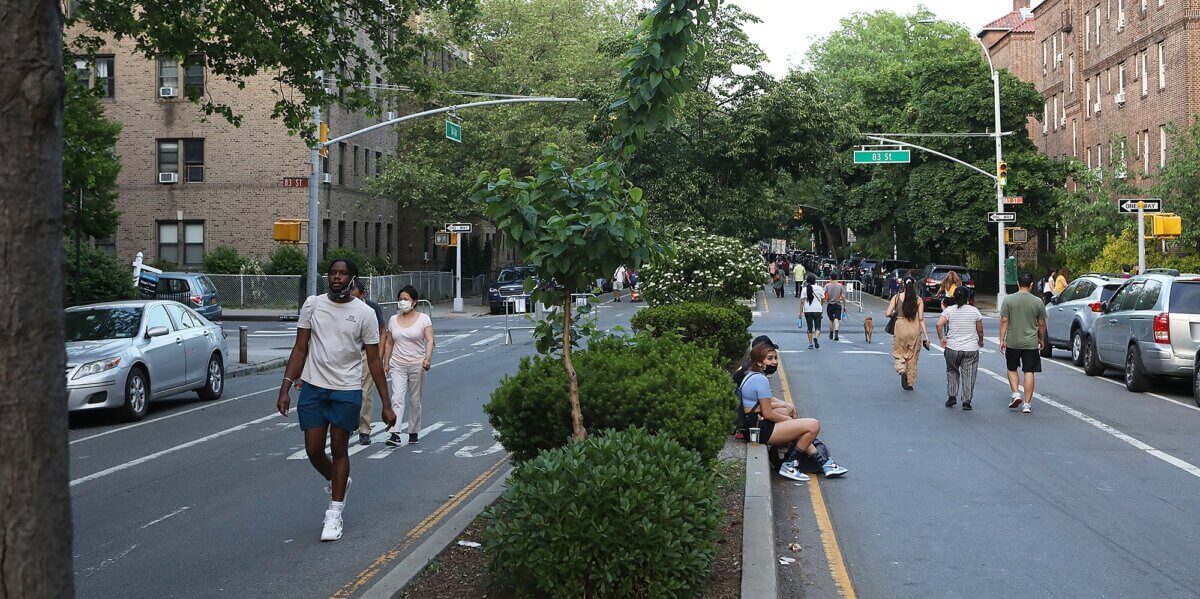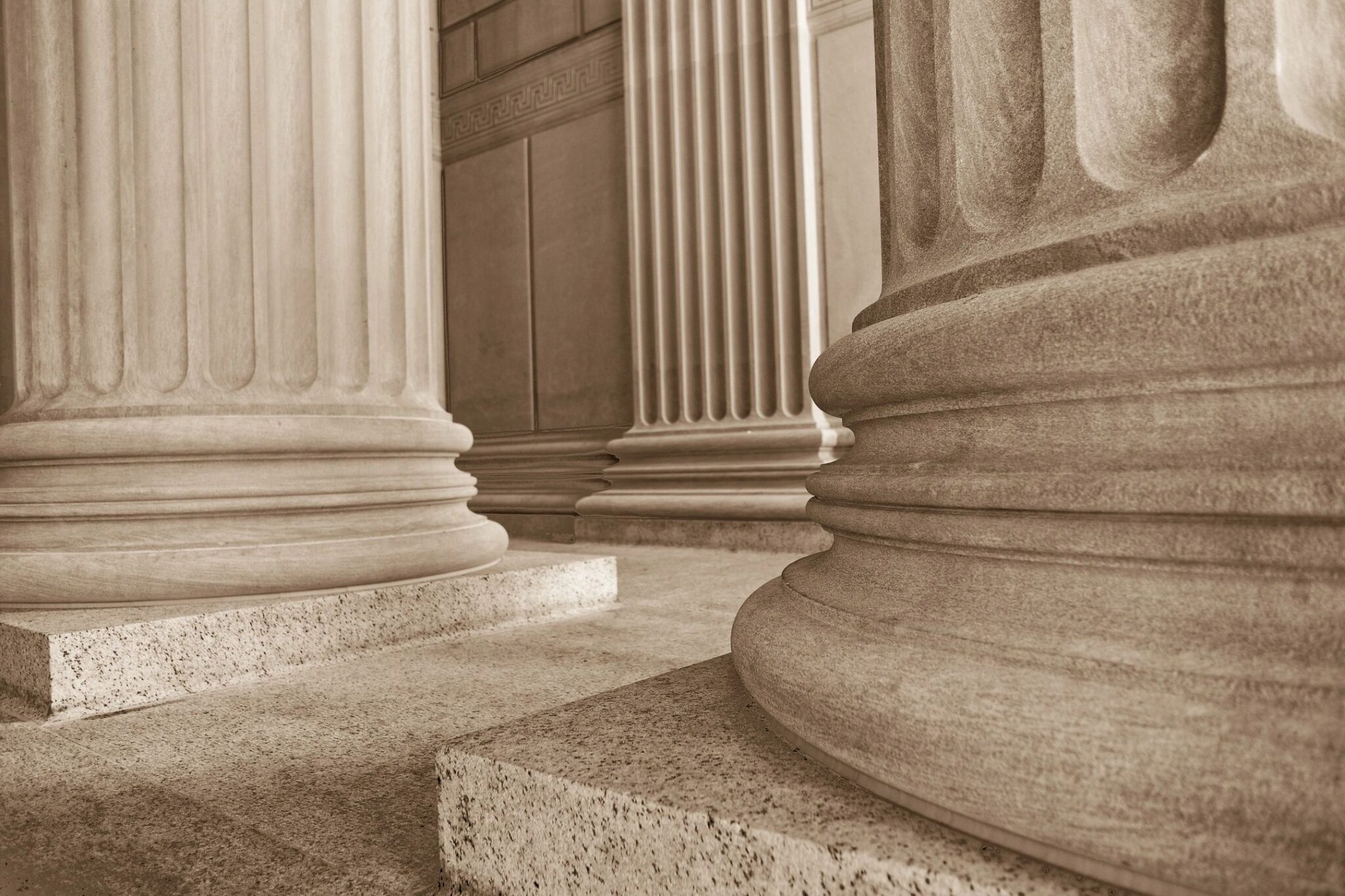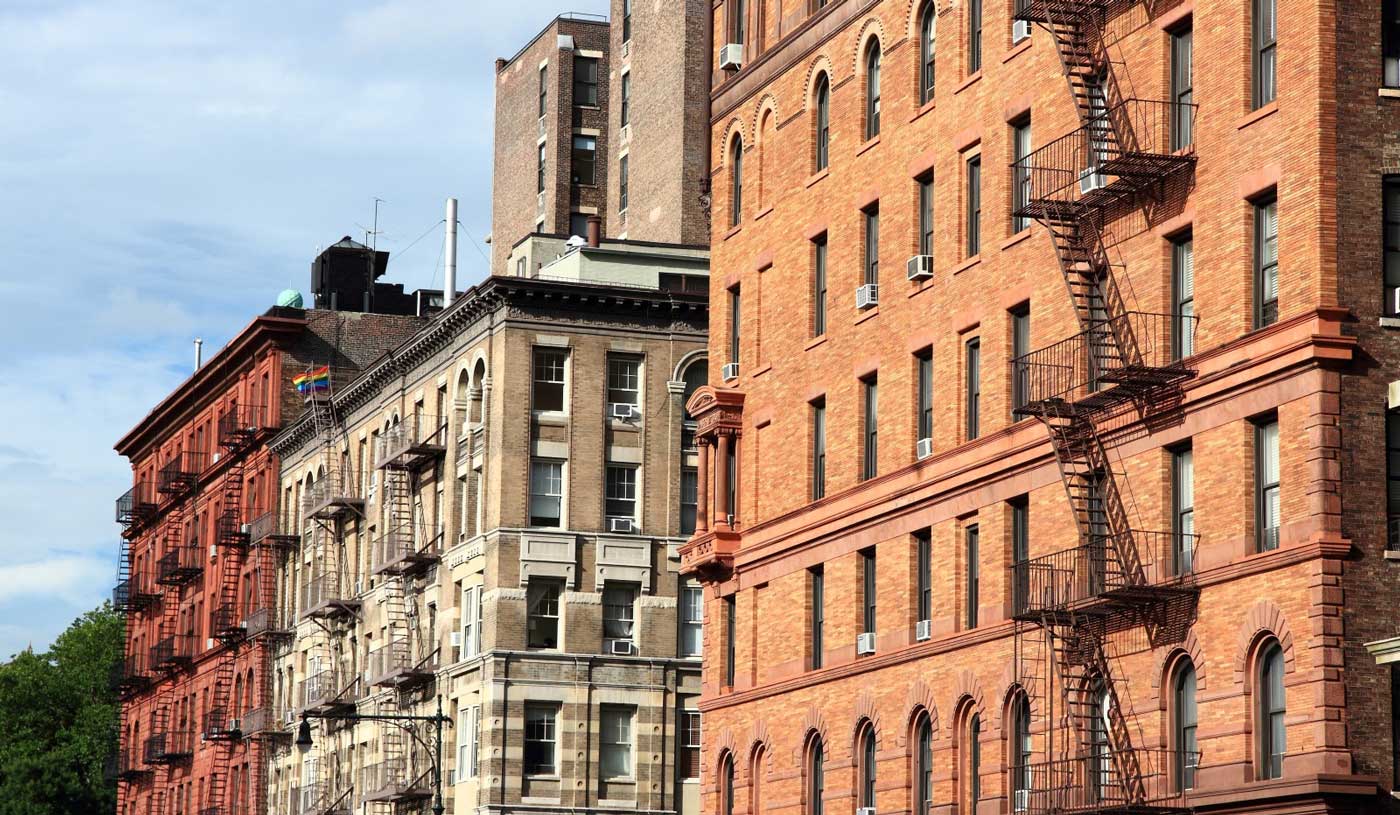Published April 27, 2023 7:38AM
BROOKLYN – Mill Jonakait, 77, is suing New York City.
“The Open Streets is very troublesome,” Jonakait said. “I think they haven’t thought through what it means to people like me.”
Jonakait lives in Fort Greene, Brooklyn and walks with a limp. She was born without a femur in her right leg, making it 10 inches shorter than her left leg.
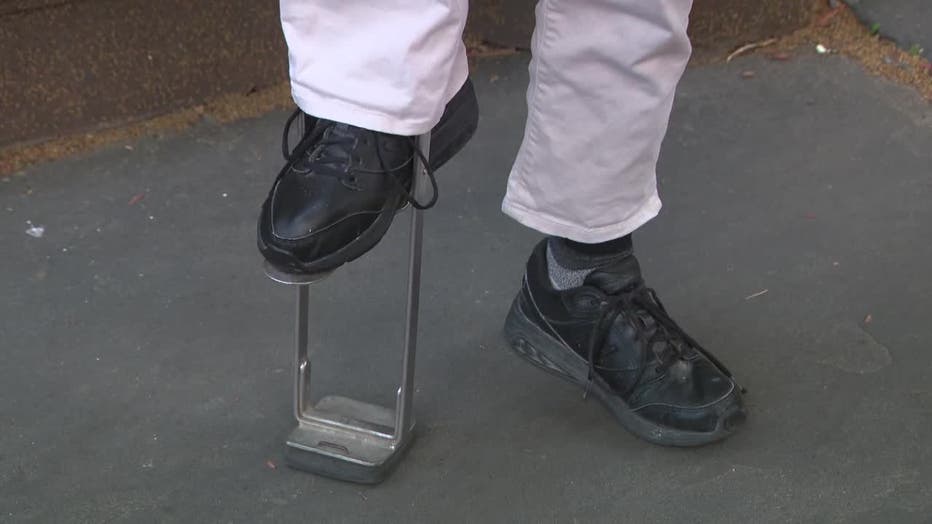
Mill Jonakait was born without a femur in her right leg, making it 10 inches shorter than her left leg.
Jonakait and 11 other city residents with disabilities are suing the city, hoping to modify the Open Streets program.
What is the Open Streets program?
About 300 city blocks across the five boroughs are closed off to traffic so pedestrians and cyclists can use the open space. The program started during the pandemic, but it limits the amount of available parking. Jonakait is able to drive, but parking is an obstacle.
“I usually walk with a walker around here because it’s difficult, and when I have to walk blocks, three, four, five blocks from my parked car to here. It’s a challenge to me,” Jonakait said.
About 300 city blocks across the five boroughs are closed off to traffic so pedestrians and cyclists can use the open space.
The federal lawsuit filed against the city says the Open Streets program violates the Americans With Disabilities Act.
“It’s a real challenge and tragedy for people who are more disabled than I who can’t get their Access-A-Ride,” Jonakait said. “They can’t catch an Uber where they want to.”
“They have a right to participate in their daily life with dignity and independence.”— Attorney Matthew Berman
Attorney Matthew Berman represents the 12 plaintiffs in the case.
“They have a right to participate in their daily life with dignity and independence and not be converted into shut-ins by the fact that this program has locked down huge swaths of the city,” Berman said.
The New York City Department of Transportation oversees the program.
Spokesperson Scott Gastel issued a statement, saying, “Open Streets enhances safety, accessibility, and equity for a large number of New Yorkers using the roads including seniors and people with disabilities. The City will review the case.”
Read the full article and see the video segment on Fox 5 News New York.

